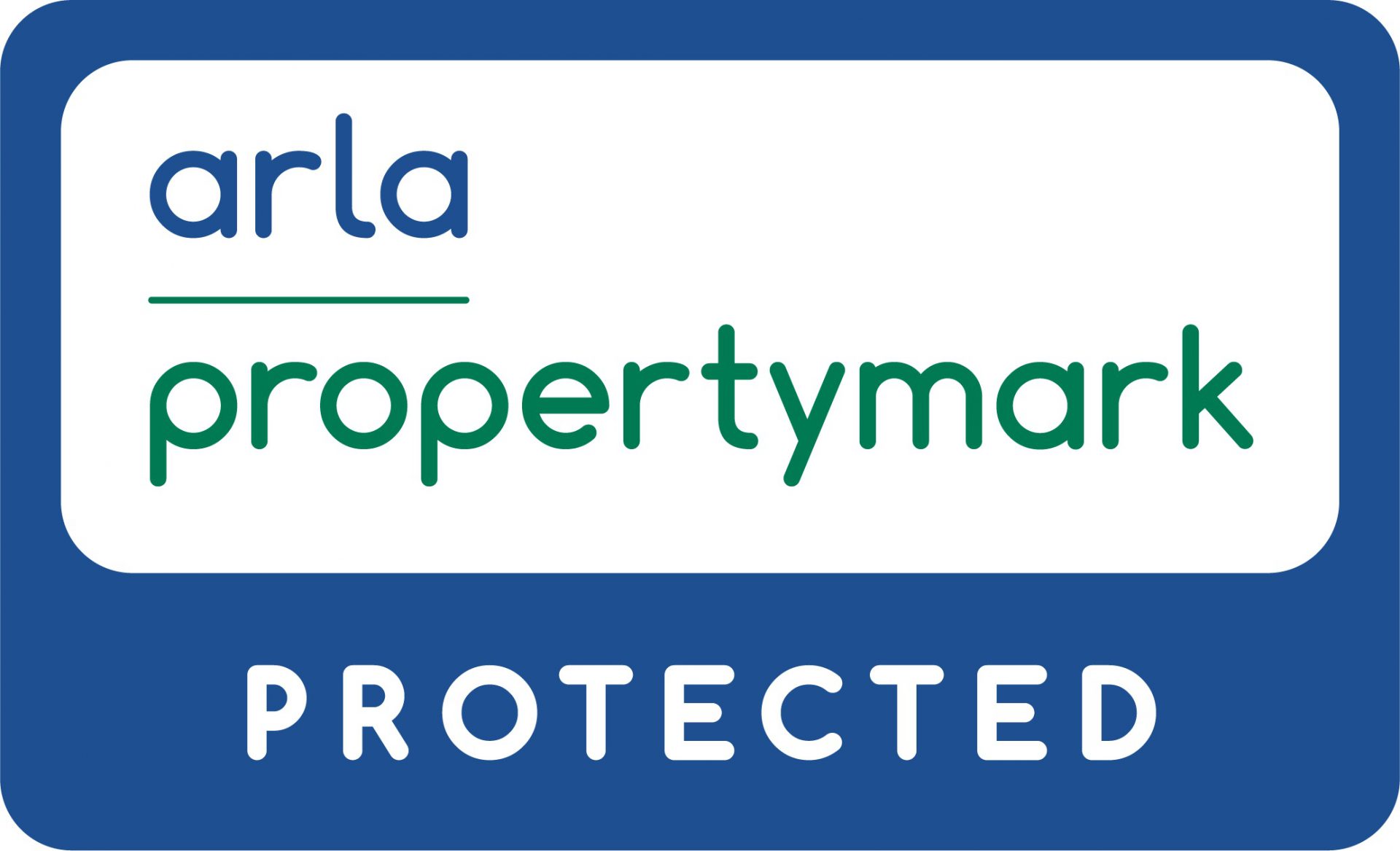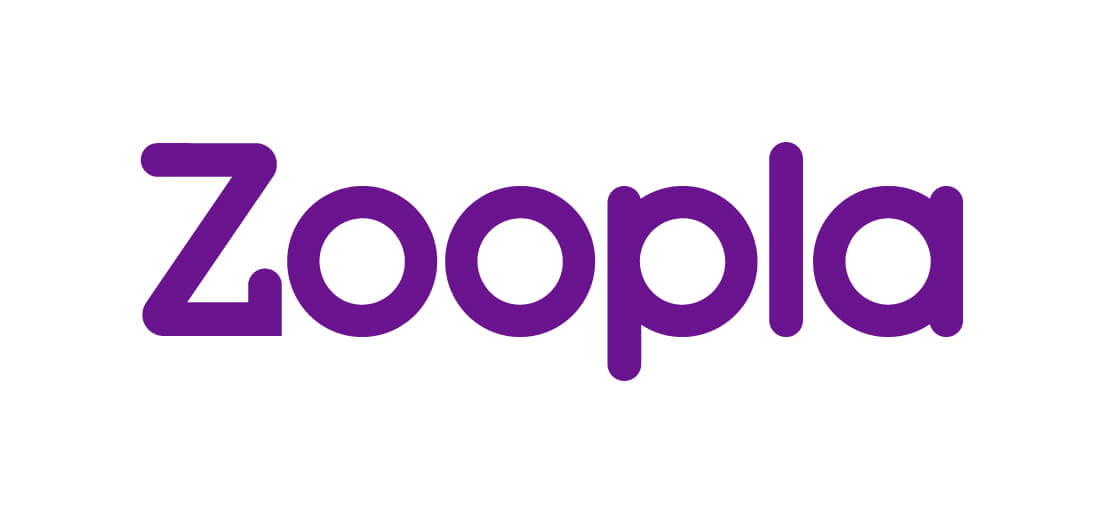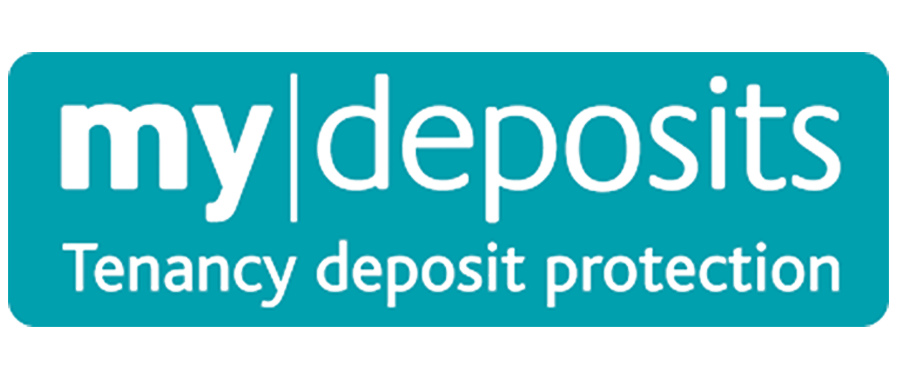For anyone thinking of letting out an investment property or their former home, the decision of whether to go it alone or to enlist the services of an Agent can be a difficult one. Even if you are thinking of doing it yourself, our advice would always be to at least discuss the situation with a qualified and experienced Letting Agent first.
The Residential Landlords Association (RLA) recently published a list of over 100 Acts of Parliament or Statutory Regulations which specifically impact upon private rental sector landlords.
At first hand we have witnessed the distress which can be caused by using unqualified and/or inexperienced Agents. By using Frampton & Roebuck, you can be assured of a professional and fully compliant service, which is a requirement of our membership of The Association of Residential Letting Agents (ARLA Propertymark) www.arla.co.uk
‘In other words, you’re in safe hands!’







